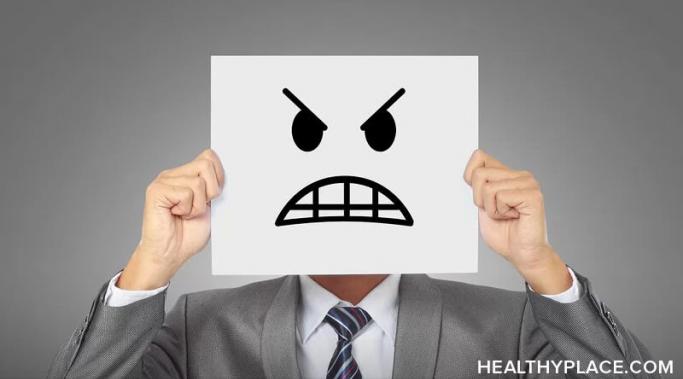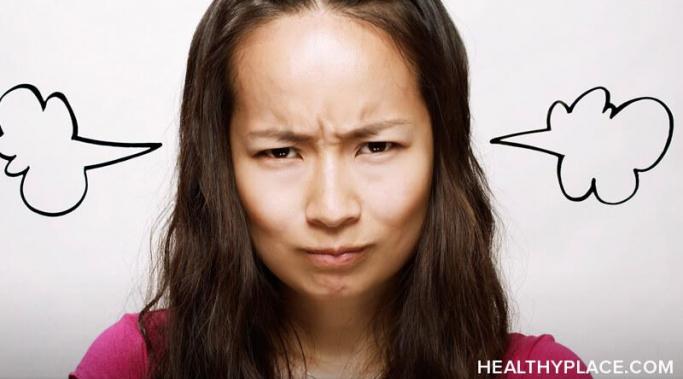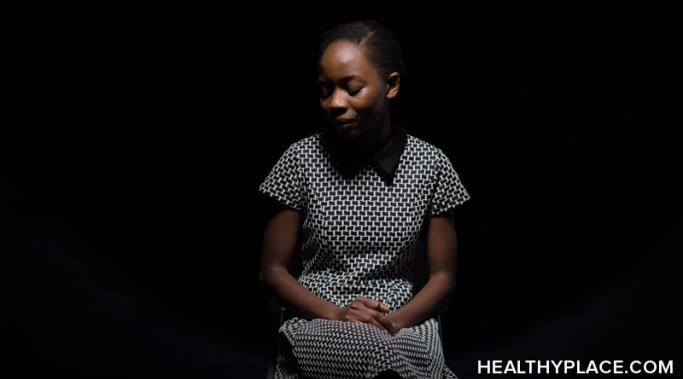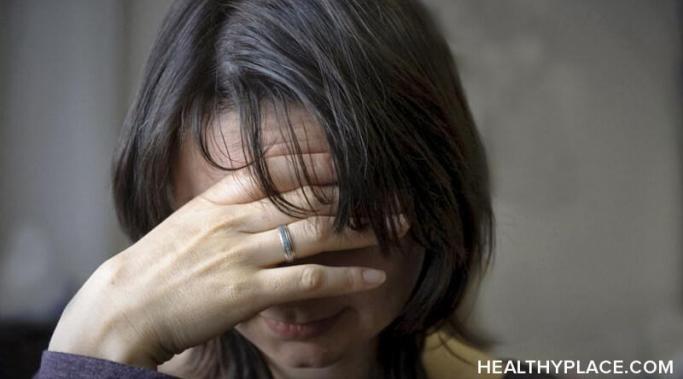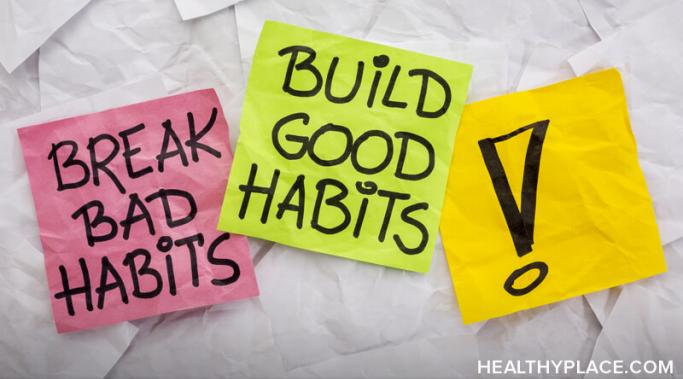It is hard to set goals when you're anhedonic because of depression. In fact, many times it feels impossible. When you don't feel any pleasure, why have a goal? And it's not like the other symptoms of depression lend themselves to goals either, so it's no wonder people have problems setting goals with depression-driven anhedonia.
Depression – Breaking Bipolar
COVID-19 vaccine refusal could be related to depression. I know there might not seem to be a link there, but I suspect there is. Depression could affect how a person feels about getting a vaccine for a number of reasons, and it may lead all the way up to vaccine refusal thanks to depression.
In my last post, I talked about how I experience depression as anger or rage. In this post, I'm going to talk about how to handle anger or rage that is really depression in disguise.
Anger or rage can actually be depression in disguise. I've learned this the hard way. Sometimes I walk around wanting to punch someone in the face because I'm so angry -- when I have absolutely nothing to be angry about. But the fact of the matter is, while the feelings of anger or rage are real, the cause is not always anger, per se, but depression. Depression has disguised itself as anger or rage.
I'm wondering if what I want matters with bipolar. It feels like it doesn't. This is because one of the main coping skills I use is called "act the opposite." This coping skill is pretty widely known. It simply means to do what you bipolar doesn't want you to do. This is a way of fighting against the detrimental effects bipolar can have on your life. But after years of "acting the opposite," I'm left wondering if what I want matters at all with bipolar.
It's hard to look forward with bipolar disorder sometimes. Sure, if you happen to be hypomanic, or manic even, looking forward might make you feel great. You might feel like your hope is boundless and your life is limitless. If, however, you are in a depression, or even if you're euthymic (not in a bipolar mood episode), you might find looking forward with bipolar to be very hard indeed. I'm here to say, though, while it can be hard to be positive about the future with bipolar, it isn't impossible to see a glimmer or two on the horizon.
Do you wake up sometimes and know it's going to be a bad day from the outset? I do. Sometimes before I put my feet on the floor, I know it's going to be a bad day. Now, I think, for the average non-sick person, this sounds like a self-fulfilling prophecy. In other words, if you think it's going to be a bad day, then it certainly will be. This is not the reality for a person with a chronic illness, though. Sometimes we know it's going to be a bad day. If you have this feeling sometimes, here's how to handle it.
Medical consensus in psychiatry is critical. Many people do have many opinions, of course, but understanding psychiatric medical consensus is what makes all the difference. If you have 1000 psychiatrists in a room, after all, you can be guaranteed someone is going to disagree on any subject, but who do you believe, the 999 or the one? And is a medical consensus in psychiatry worth more than the opinion of psychiatric patients?
I believe depression prevents self-improvement. Maybe not in its entirety, but certainly overall. I feel like depression is a wall and I'm chained to it so forward progress is all but impossible. So what do you do if you think depression is preventing your self-improvement?
I've found hope is harmful. I know, the reflex is to disagree with this, but, at least in my case, hope is harmful. I recently found a bit of hope of ending a profound, debilitating depression. I knew feeling that hope was a mistake, but some part of my brain refused to listen to that. And sure enough, it turned out that hope was harmful.


